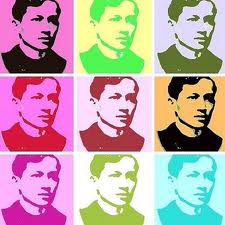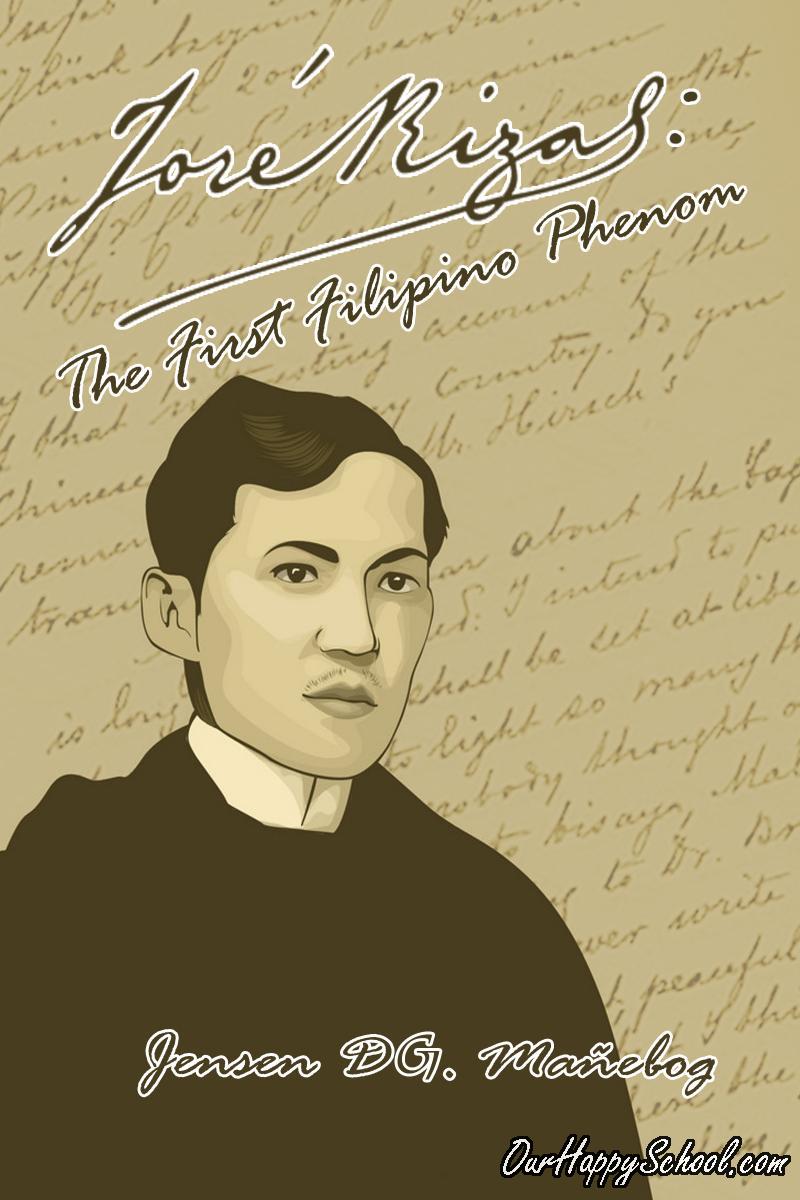Sponsored Links
The Importance of the Jose Rizal Subject
THE RIZAL BILL was as controversial as Jose Rizal himself.
The mandatory Rizal subject in the Philippines was the upshot of this bill which later became a law in 1956. The bill involves mandating educational institutions in the country to offer a course on the hero’s life, works, and writings, especially the ‘Noli Me Tangere’ and ‘El Filibusterismo’.
The transition from being a bill to becoming a republic act was however not easy as the proposal was met with intense opposition particularly from the Catholic Church.
Largely because of the issue, the then senator Claro M. Recto—the main proponent of the Rizal Bill—was even dubbed as a communist and an anti-Catholic. Catholic schools threatened to stop operation if the bill was passed, though Recto calmly countered the threat, stating that if that happened, then the schools would be nationalized. Afterward threatened to be punished in future elections, Recto remained undeterred.
Rizal's Life, Works, and Writings: Free Online Syllabus & Lectures
Concerning the suggestion to use instead the expurgated (edited) version of Rizal’s novels as mandatory readings, Recto explained his firm support for the unexpurgated version, exclaiming: “The people who would eliminate the books of Rizal from the schools would blot out from our minds the memory of the national hero. This is not a fight against Recto but a fight against Rizal.” (Ocampo, 2012, p. 23)
The bill was eventually passed, but with a clause that would allow exemptions to students who think that reading the Noli and Fili would ruin their faith. In other words, one can apply to the Department of Education for exemption from reading Rizal’s novels—though not from taking the Rizal subject. The bill was enacted on June 12, 1956. (Read: Republic Act 1425 Rizal Law (Its History and Important Provisions))
RA 1425 and other Rizal laws
The Rizal Bill became the Republic Act No. 1425, known as the ‘Rizal Law’. The full name of the law is “An Act to Include in the Curricula of All Public and Private Schools, Colleges and Universities Courses on the Life, Works and Writings of Jose Rizal, Particularly His Novels Noli Me Tangere and El Filibusterismo, Authorizing the Printing and Distribution Thereof, and for Other Purposes.“
The first section of the law concerns mandating the students to read Rizal’s novels. The last two sections involve making Rizal’s writings accessible to the general public—they require the schools to have a sufficient number of copies in their libraries and mandate the publication of the works in major Philippine languages. (Read: Who was Jose Rizal? Discover the Life and Legacy of Jose Protacio Rizal Mercado y Alonso Realonda)
Jose P. Laurel, then senator who co-wrote the law, explained that since Jose Rizal was the founder of the country’s nationalism and had significantly contributed to the current condition of the nation, it is only right that Filipinos, especially the youth, know about and learn to imbibe the great ideals for which the hero died. Accordingly, the Rizal Law aims to accomplish the following goals:
1. To rededicate the lives of youth to the ideals of freedom and nationalism, for which our heroes lived and died
2. To pay tribute to our national hero for devoting his life and works in shaping the Filipino character
3. To gain an inspiring source of patriotism through the study of Rizal’s life, works, and writings.
So far, no student has yet officially applied for exemption from reading Rizal’s novels. Correspondingly, former President Fidel V. Ramos in 1994, through Memorandum Order No. 247, directed the Secretary of Education, Culture and Sports and the Chairman of the Commission on Higher Education to fully implement the RA 1425 as there had been reports that the law had still not been totally carried out. In 1995, CHED Memorandum No. 3 was issued enforcing strict compliance to Memorandum Order No. 247.
Not known to many, there is another republic act that concerns the national hero. Republic Act No. 229 is an act prohibiting cockfighting, horse racing, and jai-alai on the thirtieth day of December of each year and to create a committee to take charge of the proper celebration of Rizal day in every municipality and chartered city, and for other purposes ... (Continue reading)
So why study the subject Rizal?
RELATED ARTICLES:
Rizal's Life, Works, and Writings: Online Syllabus & Articles

INTERACTIVE ONLINE ACTIVITY
Open your own Facebook account. Search for the FB page “OurHappySchool.com”. ‘Like’ it and open its ‘notes’. Read the note “How to start a cool discussion in OurHappySchool.com”. Strictly follow ALL instructions. The question to be posted must be related to Rizal or Philippine history. Submit your output to your professor.
FURTHER READINGS
For the supplementary online reading materials, historical updates, new researches, and possible rectifications concerning this lecture, look for the entry “Rizal's Life, Works, and Writings: An Online Syllabus” through the search engine of www.OurHappySchool.com.
This reviewer can also be used to prepare for UPCAT, ACET, DLSUCET, USTET, NAT and other College Entrance Tests and other kinds of Exams.
Refer these to your siblings/children/younger friends:
HOMEPAGE of Free NAT Reviewers by OurHappySchool.com (Online e-Learning Automated Format)
HOMEPAGE of Interesting ARTICLES on Jose Rizal's LOVE Life, Works, and Writings
To see how our MODERN ELearning Reviewers work, please try this 5-item sample:






